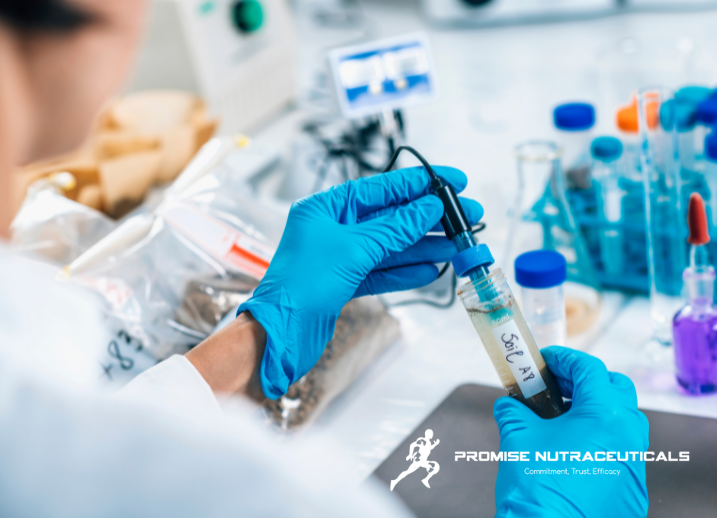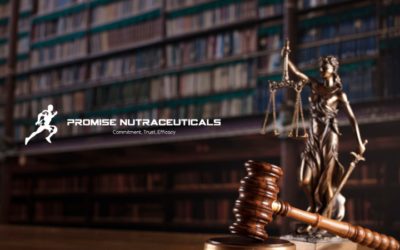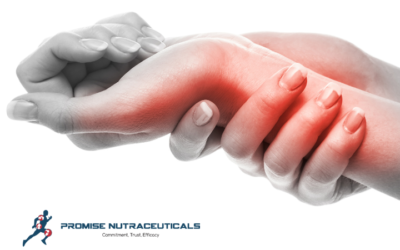In today’s rapidly growing CBD market, consumers are constantly seeking the best products to meet their needs. However, with the wide variety of CBD options available now, how can one ensure they are getting a safe and high-quality product?
Enter the Certificate of Analysis (COA).
As a provider of CBD, we understand the significance of a COA and are here to shed light on its importance for those new to the world of CBD.
What is a COA (Certificate of Analysis)?
A Certificate of Analysis (COA) is a document issued by an accredited laboratory that provides a detailed account of the product’s components. For CBD products, a COA will typically list the various cannabinoids present, potential contaminants, and other vital information. This certificate is a testament to the product’s quality, potency and safety. You can find COAs with any Promise Drops product, including our water soluble CBD and topical solution.
Why is a COA Important for CBD Products?
- Transparency and Trustworthiness: A COA ensures that the product you are purchasing is transparent about its contents. It builds a trust bridge between the consumer and the provider, ensuring that what’s on the label is what’s in the product.
- Safety: The CBD industry, though booming, is still relatively new. This means regulations can vary, and not all products undergo rigorous testing. A COA ensures that the CBD product is free from harmful contaminants like heavy metals, pesticides, and solvents.
- Potency Verification: CBD products come in various potencies, and it’s vital to know the exact amount of CBD (and other cannabinoids) you’re consuming. A COA will provide precise details about the cannabinoid profile of the product.
- Legal Compliance: In many regions, CBD products must contain less than 0.3% THC (the psychoactive component of cannabis) to be considered legal. A COA will confirm the THC content, ensuring you’re not inadvertently breaking any laws.
How Do You Read a COA?
For those new to CBD, a COA might seem like a complex document. Here’s a simplified breakdown:
- Cannabinoid Profile: This section lists all the cannabinoids present in the product. Besides CBD, you might find traces of CBC, CBG, and, importantly, THC.
- Terpenes: Some COAs will also list terpenes, aromatic compounds found in many plants, including hemp. Terpenes can influence the product’s flavor and aroma and may have their own therapeutic benefits.
- Contaminants: This section is crucial. It will detail any harmful chemicals, heavy metals, or pesticides detected in the product. Ideally, these should be non-detectable or well below safety limits.
- Microbiological Testing: This tests for any microbial contamination in the product, ensuring it’s free from harmful bacteria and fungi.
Tips for Ensuring a Genuine COA:
- Always ensure the COA is from a reputable, third-party lab. The laboratory should be ISO-accredited, indicating it meets international standards for testing.
- Check the date of the COA. It should be recent, ideally within the last year, to ensure the product’s current batch is what’s being represented.
- Match the product’s batch number or lot number with the one listed on the COA. This ensures the COA corresponds to the product in your hand.
Be Sure to Check COAs
As the CBD industry continues to flourish, it’s more important than ever for consumers to be educated and informed. A Certificate of Analysis stands as a beacon of transparency, safety, and trustworthiness in a market teeming with options. As a provider, we believe in the power of CBD and its potential benefits, and we also believe in the right of every consumer to know precisely what they are putting into their bodies. Always ask for a COA when purchasing CBD products. It’s not just a certificate; it’s a seal of assurance.
Remember, a well-informed consumer is a safe consumer. Embrace the world of CBD with confidence, backed by the knowledge and security a COA provides.





